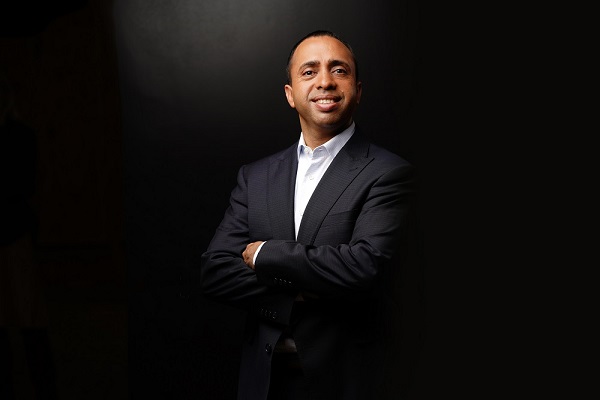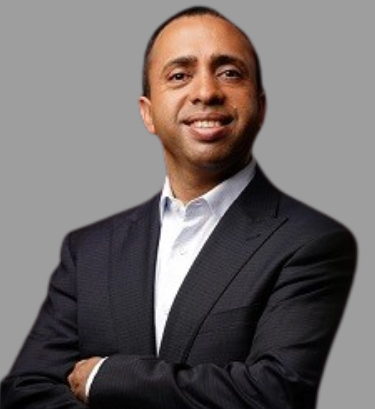The Future of Healthcare Lies in Decentralization
The healthcare sector is one of the fastest growing industries worldwide and as such insurmountable efforts have been expended to adapt to the constant advances in technology and the needs of patient care. One of these advances that is quickly becoming the go to for new healthcare systems and solutions is blockchain. Blockchain technology has been helping to lead in the decentralization of almost every industry today. For the healthcare in particular, it can greatly streamline the administration, relationships and interactions among stakeholders, and management of logistics that health systems are built on and the overall quality of care they can provide.
The main aim of utilizing blockchain technology and decentralizing healthcare is to address the issues and problems affecting the industry. By putting patients at the center of their own healthcare journey, decentralizing the healthcare sector with the help of blockchain helps provide patients with the information, ownership, and control over their own healthcare data. This is achieved by decentralizing data into individual patient nodes. This is also useful in population health management as patients can easily provide consent for access to their health data to be shared for the creation of a shared archive of health information of any specific condition. It also allows the patient the ability to easily monetize parts of healthcare data. All this can be done anonymously, thus protecting their privacy.
It is well known that different healthcare organizations often keep fragmented records for patients, particularly when more than one organization is involved in the care. Blockchain can be used to help to eliminate this issue and ensure that there are no missing or fragmented records by creating a distributed electronic health record (EHR) ecosystem made up of individual patient nodes, where they have their complete health records. This will further help to ensure improved quality, eliminate repeated and expensive tests, reduce errors, which will provide financial and operational benefits to healthcare organizations.
Other than the aforementioned advantages of a decentralized healthcare sector with an increased concentration on the patient, the approach can be used to improve healthcare on a global scale. Blockchain frameworks will help support and strengthen disease surveillance systems in the case of outbreaks, organize research on a global scale, and even provide a consensus to what is the best method to combat specific diseases.
Blockchain technology is also immutable and traceable. This allows the user to pinpoint specific transactions or actions that have been taken, whether it be in the patient journey or when it comes to logistics of pharmaceuticals. It is the best way to minimize or even eliminate healthcare and pharmaceutical fraud and errors. Overall, blockchain and a decentralized healthcare sector is the next logical step towards a more efficient, patient focused, and better healthcare system.

By: Pradeep Goel, Chief Executive Officer of Solve.Care



